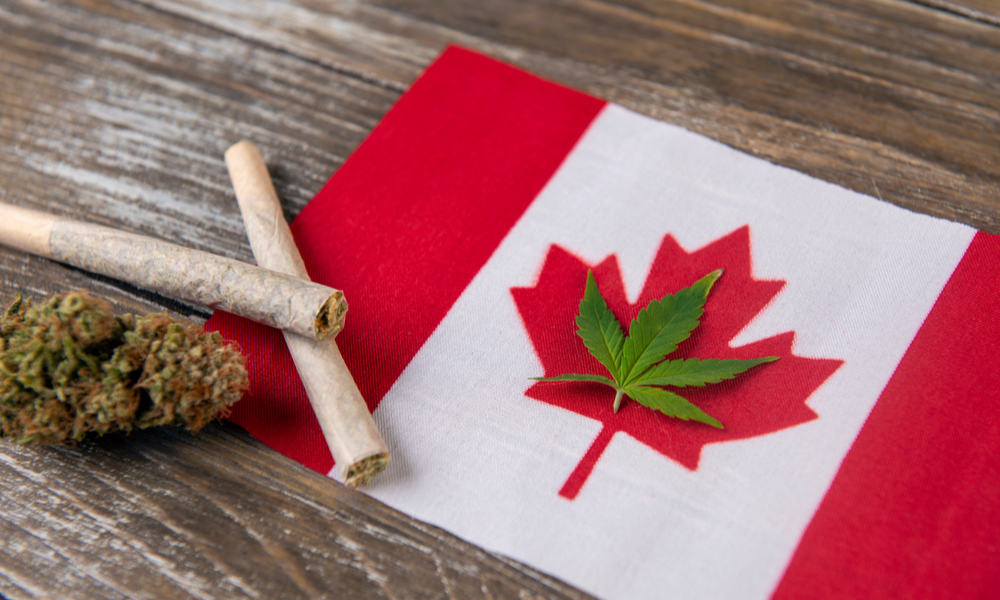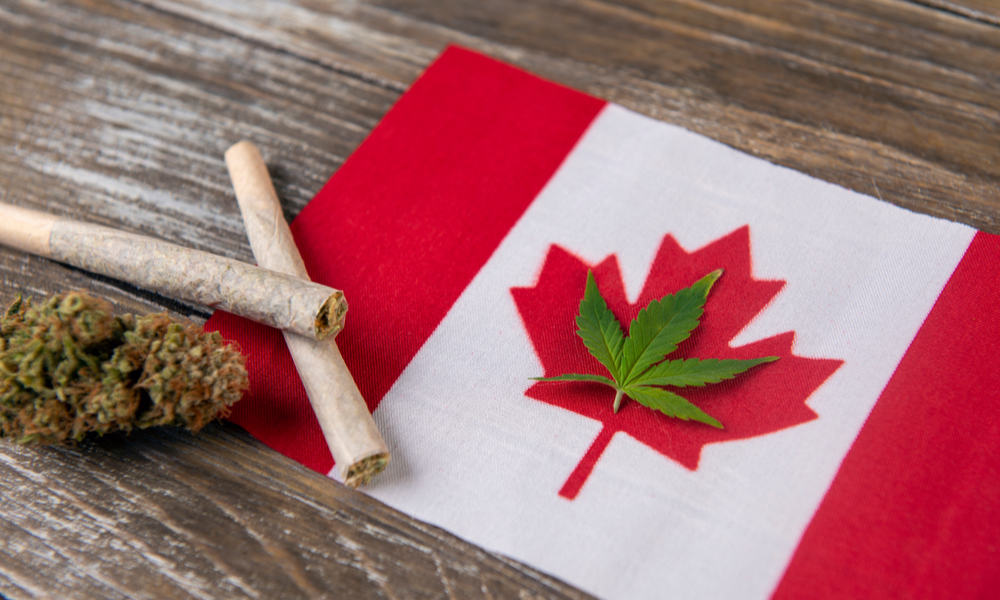
Those worried about the bad guys investing in Canada’s fresh new legal weed system may rest easier now that the federal government has released a memo dismissing the notion as a major issue. Through the Access to Information Act, the National Post obtained documents—some addressed to the Public Safety Canada deputy minister—that state, “The potential for organized crime to invest in the legal cannabis market through offshore tax havens exists, but does not appear fundamentally different from the potential for such investments in any and all sectors of the economy.”
The documents suggest that nine Canadian federal agencies were swayed by media suggesting that black market forces were investing in the country’s cannabis industry. Their concerns echo calls for transparency raised by the country’s Conservative politicians in the face of legalization. The memos’ response? A firm “forget about it.”
“Given the government’s stated objective to strictly regulate the cannabis industry, there does not appear on the surface to be any strong pull factors for organized crime to invest in this sector, as compared to any other sectors,” one memo stated.
The Illicit Market is Still a Concern
Currently, officials may be more concerned on how to tamp down Canada’s still-thriving unlicensed weed market. In Vancouver, illegal dispensaries outnumber Starbucks locations. The unrecognized retail locations are thriving in a brand new legal weed system that has yet to figure out how it will meet the country’s vast demand for cannabis products.
Transparency in the legal pot market has been an issue of contention between Canada’s Liberal and Conservative parties. Liberals scuttled a legislative amendment to the Cannabis Act that would have made public the names of all marijuana investors, citing privacy concerns. Conservative senators like Claude Carignan lead the chorus of those who fear that legal pot could provide a financial foothold for criminals looking to invest. Carignan once told reporters that Canada was being “a little naive on the issue.”
The insinuations of the statement are somewhat ironic, given that one of the motivations behind legalization was to diminish the financial take of drug cartels. Canada’s new system provides the initial framework for legal cultivation, distribution, and purchase. It’s goal of widespread access to legal cannabis aims to give millions of the country’s inhabitants the opportunity to forgo purchasing from black market forces entirely.
The memos released this week say that the Canadian feds do indeed have their eye on who is bankrolling the country’s legal weed. The National Post said they mention “various federal efforts to screen foreign investments, fight international tax evasion, and make it clearer who owns stakes in Canadian corporations.” It also suggested that financial ministers in all levels of the government will be putting effort towards creating more transparency in cannabis company ownership.
Though investment from illegal enterprises were not identified as a problem, there is no doubt that international corporations are bankrolling large parts of what is now the largest federally legal cannabis industry in the world. Molson Coors, Walmart, and the parent company of Corona beer and Svedka vodka have all invested in Canadian weed enterprise.











